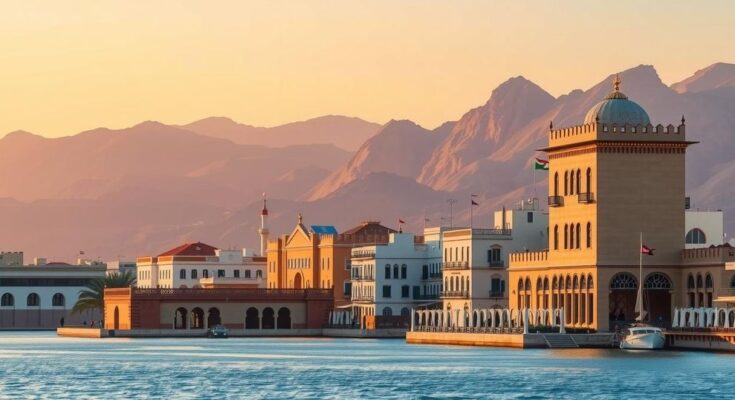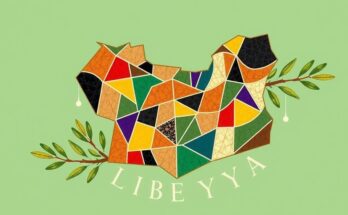The latest US-Iran nuclear talks in Oman ended with both sides agreeing to reconvene. US officials expressed cautious optimism while Iran called the discussions constructive. Trump’s administration is careful about enrichment rights and is looking for quick progress amid regional dynamics shifting, as the President prepares for a Gulf visit.
MUSCAT, Oman — In what appears to be a step forward, US and Iranian negotiators wrapped up a three-hour discussion on Sunday regarding Iran’s nuclear program. Following these talks, a senior US official expressed optimism, noting, “We are encouraged by today’s outcome and look forward to our next meeting, which will happen in the near future,” indicating a commitment to working through the technical aspects of a potential agreement.
Iran’s response, however, was a bit more tempered. Esmaeil Baqaei, spokesman for the Iranian Foreign Ministry, characterized the talks as “difficult but useful.” He also mentioned that Oman is set to coordinate the next round of discussions, which will be the fifth of its kind. This ongoing dialogue seems timely, as the Trump administration is looking for a win, especially with other international peace efforts stalling.
Informants in Oman suggest that the discussions are indeed moving in a positive direction. The Trump administration is eager for progress as it prepares for his upcoming tour through Saudi Arabia, Qatar, and the United Arab Emirates. The backdrop of recent ceasefires involving Iranian proxies, particularly the Houthis in Yemen, seems to add some momentum to the negotiations.
Top representatives, including US negotiator Steve Witkoff and Iranian Foreign Minister Abbas Araghchi, led the discussions on Sunday. As in earlier meetings, Omani Foreign Minister Sayyid Badr Al-Busaidi played a crucial role in facilitating communication. The face-to-face conversations between Witkoff and Araghchi signal potential for smoother negotiations moving forward.
Trump has publicly indicated his preference for diplomatic solutions over military intervention concerning Iran’s nuclear ambitions. However, the administration’s position on Iran’s potential enrichment rights remains inconsistent. Just the other week, Trump mentioned being undecided about allowing Iran to maintain any sort of enrichment program for civilian needs, while Witkoff later reaffirmed a hardline stance, calling any enrichment a “red line.”
He stated categorically, “No enrichment,” emphasizing the need for dismantlement of critical facilities like Natanz, Fordow, and Isfahan. This confusion may either be a tactic to create ambiguity in discussions or reflect genuine uncertainty in US policy.
The notion of domestic enrichment is particularly sensitive for Iran, whose officials maintain that this right is non-negotiable. The backdrop here is significant: Trump’s withdrawal from the pivotal 2015 agreement initially limited Iran’s nuclear activities in return for sanctions relief. Following his exit from the agreement in 2018, Iran began escalating its enrichment to alarming levels, now reaching up to 60% purity — dangerously close to the threshold for weapons-grade material.
With the current momentum gearing toward discussions exclusively about nuclear issues, Witkoff mentioned that topics like missile development would have to wait if the talks are to progress smoothly. Concerns about derailing the progress have arisen; any attempts from the US to broaden the scope beyond nuclear matters might jeopardize the ongoing negotiations, according to sources in Oman.
As Trump prepares for his visit to Riyadh, it is expected that Iran’s nuclear program will dominate the agenda. In a noteworthy shift from 2015, Gulf states now seem more open to the nuclear discussions, having recognized the complexities involved. After a refreshing thaw in relations between Riyadh and Tehran, there appears to be a collective focus on pursuing economic prosperity instead of prolonged confrontation.
In summary, the latest round of US-Iran nuclear talks in Oman has concluded with a sense of cautious optimism from both sides. While the US administration seeks to solidify a diplomatic approach, uncertainties around Iran’s enrichment rights continue to complicate discussions. With regional dynamics shifting and an upcoming Trump visit to key Gulf states, the next steps in negotiations will likely carry significant weight for continued diplomatic efforts in the Middle East.
Original Source: www.al-monitor.com




